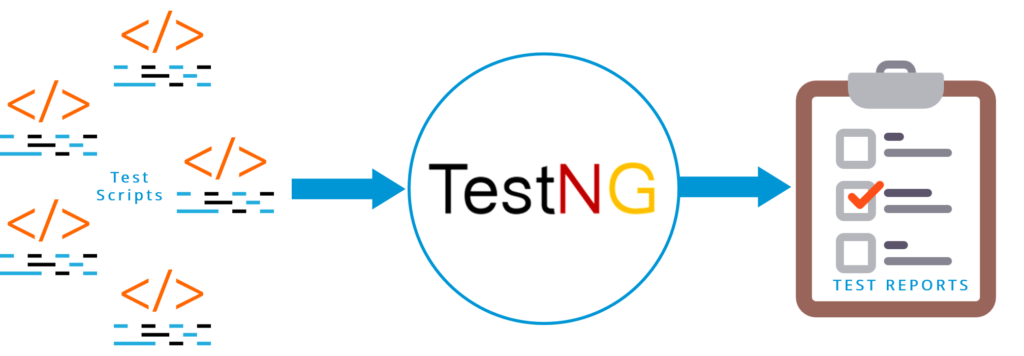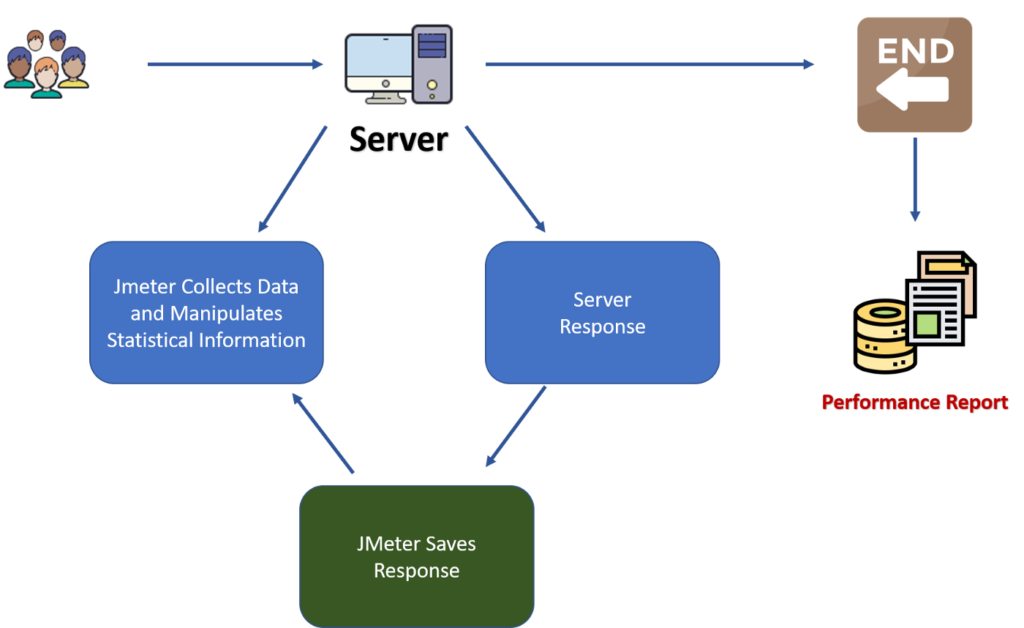Selenium | Automation Framework | TestNG | Maven | J Meter
Test automation is the need of hours as manual regression testing is time-consuming and not cost-efficient. Managing a dedicated expert testing team is also very expensive for app organizations as the need for testing efforts changes based on the release plans and code base.
TestNG
At Pariimiti, we are using a TestNG Framework in Selenium. TestNG is a testing framework inspired by J Unit and N Unit.
Specialties
- The ability of annotations.
- Run our tests in arbitrarily big thread pools with various policies available.
- Flexible test configuration
- Support for data-driven testing with “Data Provider”
- Support for parameters to make overall testing deeper
- Supported by a variety of tools and plug-ins (Eclipse, IDEA, Maven, etc.)
- Default JDK functions for runtime and logging which have no dependencies.

TestNG is designed to cover all categories of tests like – Unit, Functional, and Integration testing. It generates the HTML reports for implementation. Test cases can be grouped & prioritized more easily also parallel testing is possible.

Maven is an automation and builds management tool. Developers can create a java-based project more easily with the use of the Maven. It is suggested for managing build & projects programmed with C#, Ruby, and Scala, kind of languages.
Maven
Maven is a build management tool that is based on the project object model. We at Pariimiti are using it for managing documentation, dependency, and project build.
Maven provides project information like log documents, dependency lists, and unit test reports. It has a convention to place source code, and compiled code.
It is very helpful for a project while updating the central repository of JARs and other dependencies.
It’s easy to build a project using Maven. Using Maven we can easily integrate our project with Subversion or Git.
It can download the project dependency libraries automatically we don’t need to download them.
J Meter
It is a desktop application that can run on multiple platforms. JMeter is capable of showing reports in different formats such as a chart, table, tree, and log file. JMeter supports multiple testing strategies such as Distributed, Functional, and Load testing.
We are doing Perform on performance testing, functional testing, Stress testing, and load testing of web applications.

